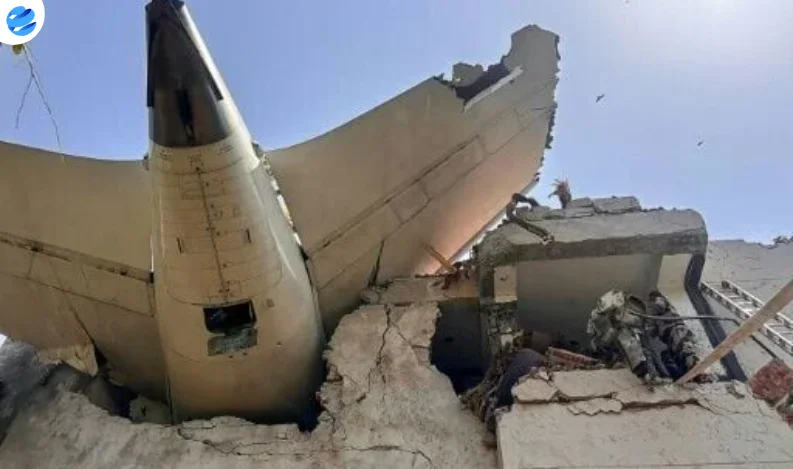Ahmedabad, India — A devastating crash involving an Air India Boeing 787-8 Dreamliner has cast a fresh spotlight on aircraft safety and created a major challenge for Boeing's newly appointed leadership. The aircraft crashed shortly after takeoff from Ahmedabad on June 12, killing 241 of the 242 people on board, in what is now the first fatal crash of the Boeing 787 since its introduction in 2011.
The flight, bound for London, lost control less than a minute after takeoff and crashed into a nearby residential area. Several individuals on the ground also suffered injuries, prompting a swift emergency response and a full-scale aviation investigation.
Boeing Faces Renewed Scrutiny
The incident marks a major test for Boeing CEO Kelly Ortberg, who took charge in August 2024 amid ongoing concerns about the company’s manufacturing practices and safety culture. The crash comes just as Boeing was attempting to rebuild its reputation following previous issues with the 737 MAX program.
Ortberg canceled his appearance at this year’s Paris Air Show and returned to the U.S. to coordinate Boeing’s crisis response. The company issued a statement expressing condolences and confirmed it is working closely with Indian aviation authorities and investigators.
Black Box Recovered, Investigation Underway
Indian aviation regulators have confirmed the recovery of the aircraft’s flight data recorder and cockpit voice recorder. Preliminary analysis is expected within the next few days.
The Directorate General of Civil Aviation (DGCA) has ordered safety checks on all Boeing 787-8 and 787-9 aircraft operated in India. Investigators are focusing on multiple factors, including possible mechanical failure, flap malfunction, weight imbalance, or crew error.
Experts from Boeing and engine manufacturer GE Aerospace are assisting in the technical review. The U.S. National Transportation Safety Board (NTSB) has also been invited to participate.
Global and Industry Impact
The tragedy has triggered global concern and renewed calls for stricter oversight of aircraft manufacturing and maintenance standards. It has also raised pressure on Air India, which is currently undergoing transformation under Tata Group’s ownership.
Aviation analysts note that while the Boeing 787 has a strong safety record, this crash could lead to regulatory audits, production reviews, and fleet-wide inspections globally.























